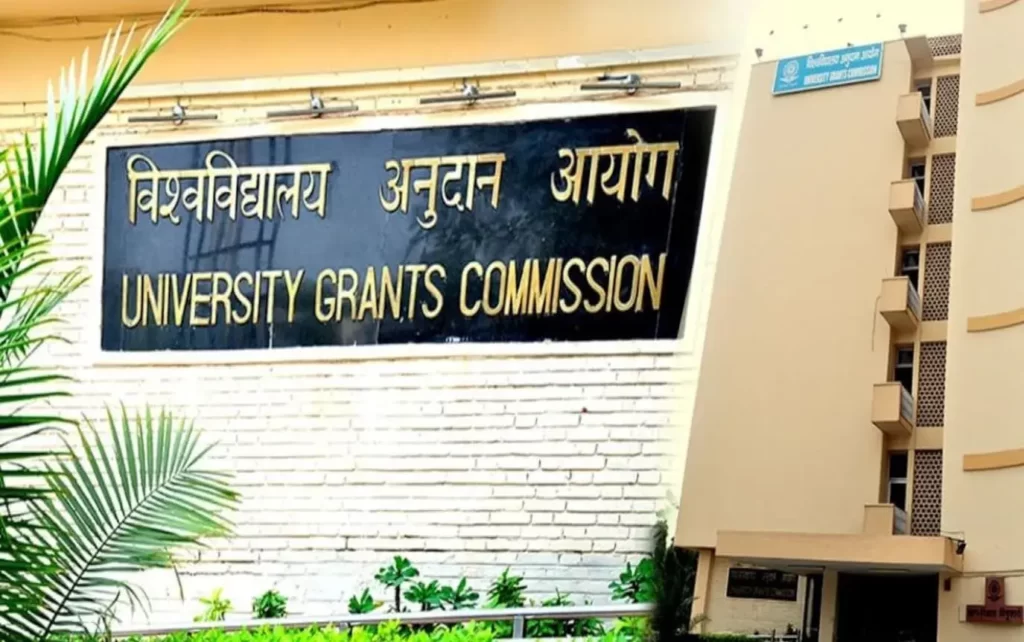UGC Introduces Flexible Timelines for Undergraduate Degrees
The University Grants Commission (UGC) has announced new regulations allowing undergraduate students to complete their degrees at an accelerated pace or over an extended timeline. The initiative, unveiled by UGC Chief M. Jagadesh Kumar, marks a pivotal move toward a student-centric education model, aligning with the National Education Policy (NEP) 2020. Outlined in the newly published Compendium of UGC Regulations, the policy introduces two pathways: the Accelerated Degree Programme (ADP) and the Extended Degree Programme (EDP). The ADP enables high-achieving students or those earning additional credits to graduate faster, while the EDP supports students needing extra time due to personal, financial, or academic challenges, without penalties. “Degrees completed earlier or later will hold the same value as standard-duration degrees,” Kumar affirmed, ensuring parity for employment and further studies. The framework provides flexibility for students pursuing interdisciplinary or professional courses or those balancing education with work or other responsibilities. Institutions will establish eligibility committees to oversee implementation, ensuring the same credit requirements are met as in traditional programs. This initiative aligns with global trends promoting adaptive learning paths and the NEP 2020’s emphasis on skill development and inclusive education. Institutions will have the autonomy to adopt these measures based on their infrastructure and resources. Experts and educators view the move as a step toward modernising India’s higher education system. It is expected to empower students to tailor their academic journeys to their unique goals and circumstances, fostering greater inclusivity while upholding academic standards. Source: Business Standard Photo Credit: Business Standard
UGC Introduces Flexible Timelines for Undergraduate Degrees Read More »


